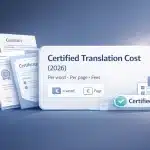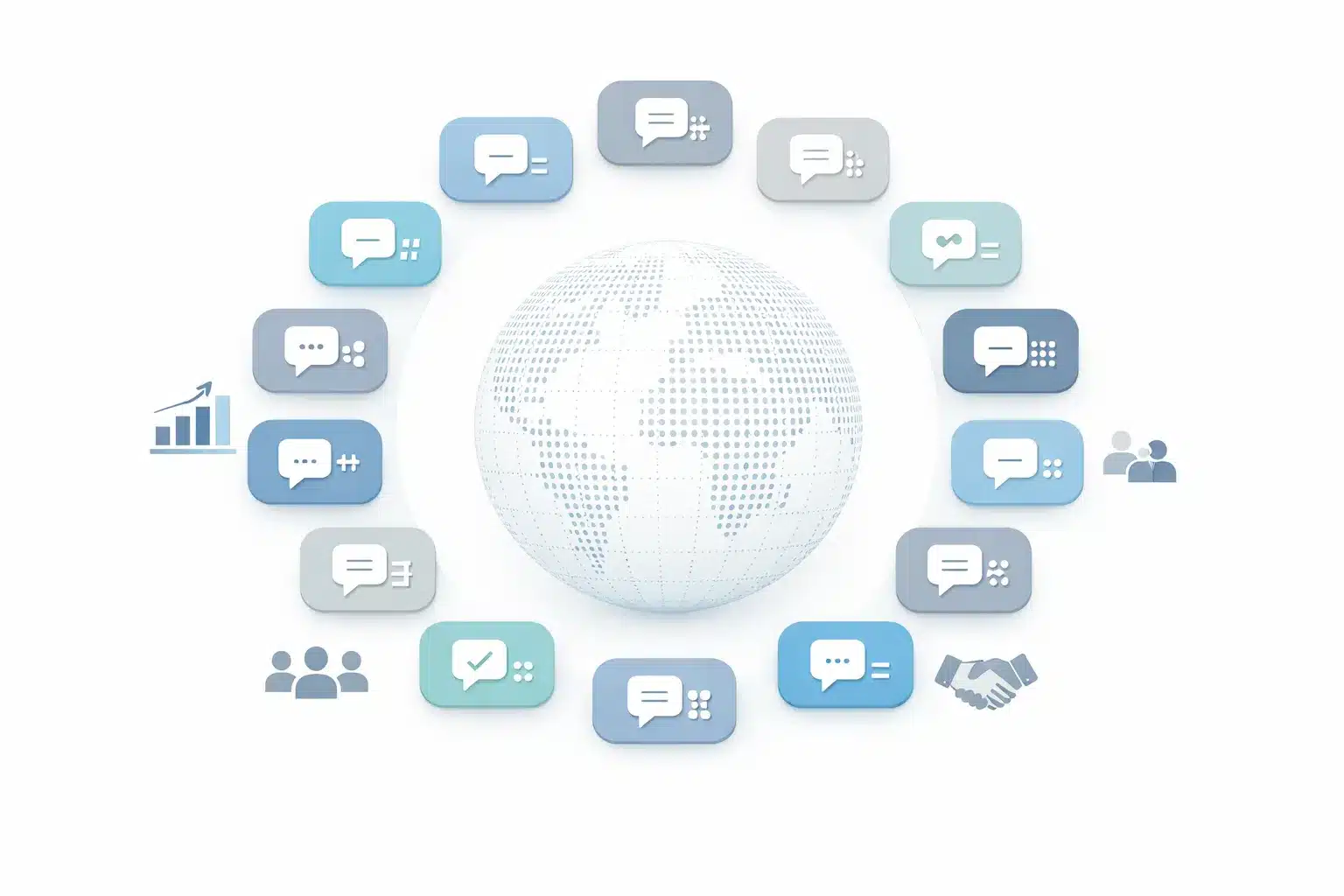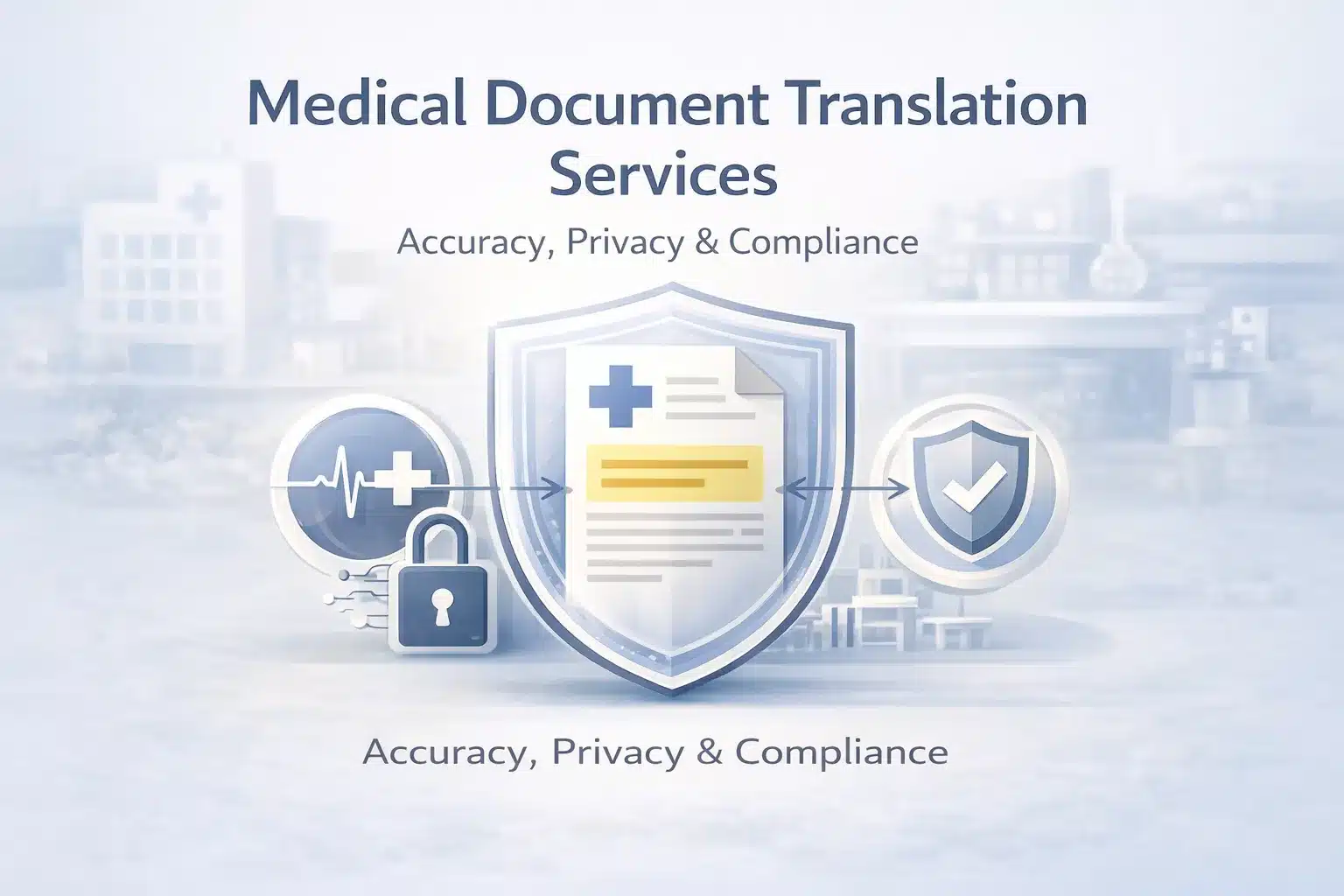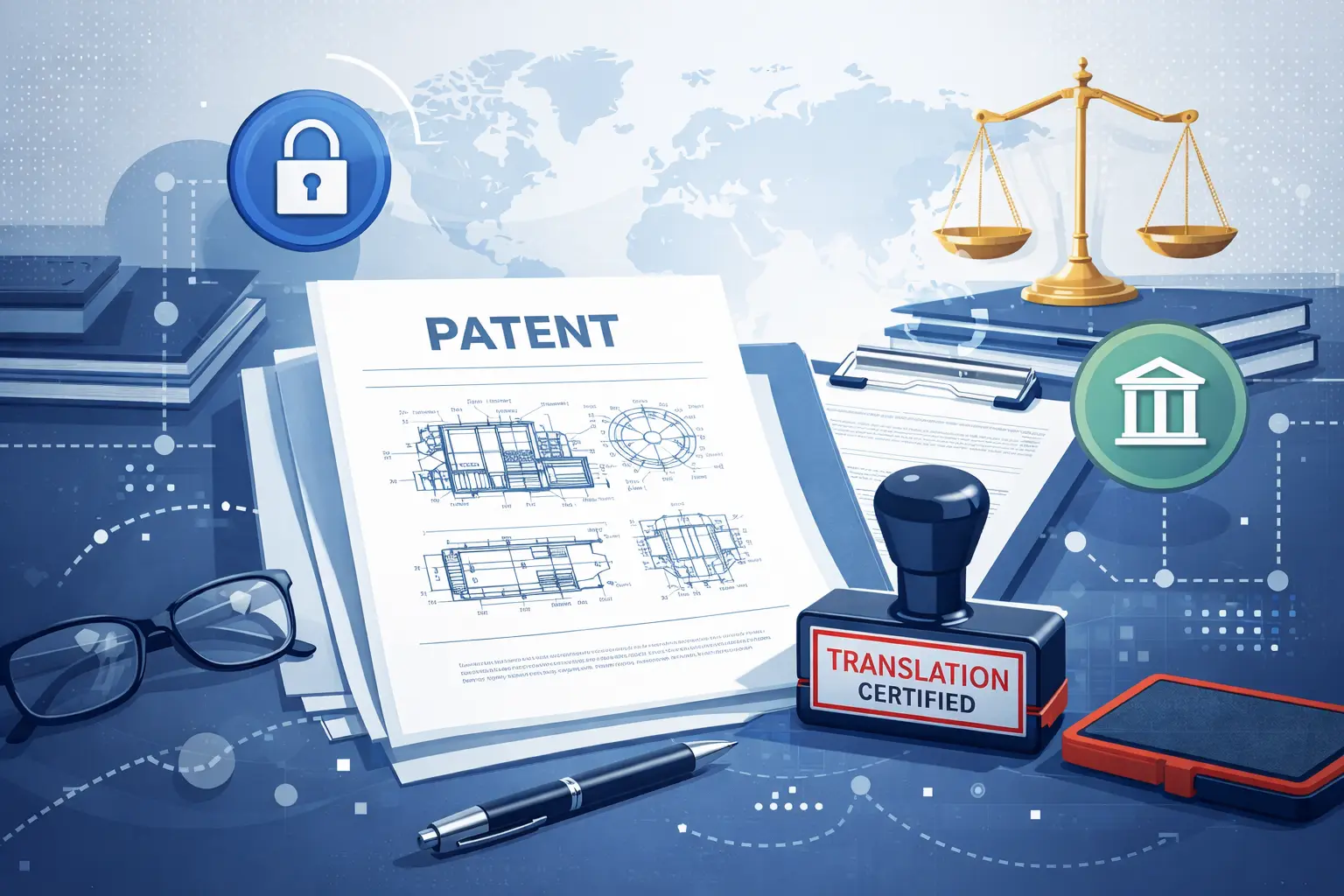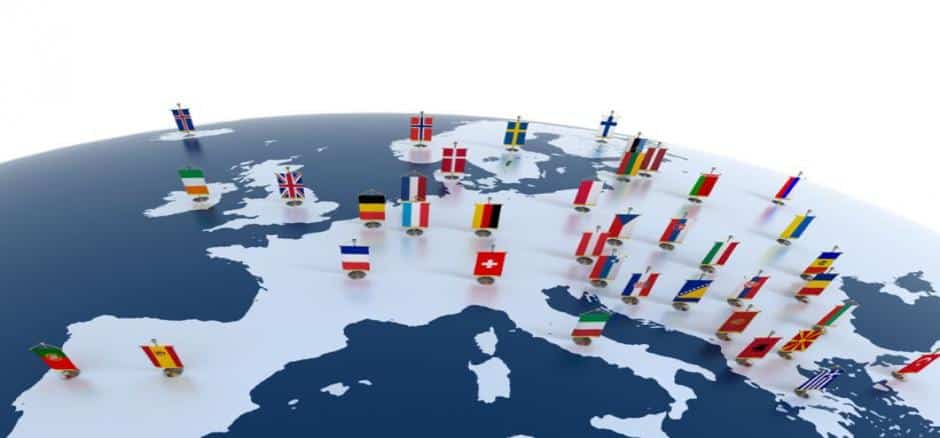Translation is the act of communicating the meaning of a source language text into a target language in order to convey its meaning. It is an important service that enables two or more parties from different countries or language backgrounds to effectively communicate and exchange ideas.
Translation services are often needed in various areas such as businesses, technical industries, legal and scientific documentation, education, and more. Commonly translated documents include letters, reports, articles, and books. At present, there is a high demand for translation work for content on websites, applications, social media, software, and the medical field.
Professional translators often specialize in specific sectors or fields. Some specialize in legal translation, while others, predominantly work on literary works. Still, others do mostly technical translation, working with manuals, user guides, training materials, and more. These are just a few types of translation work.
Some translation obligations to remember
Professional translators may either work independently or as part of a company. As service providers, they are required to fulfill some translation obligations. These obligations are basically part of the protocol of their job.
First off, translators are expected to read through the document to be translated and understand its context. His goal is to translate the source text into the target text while ensuring that the original meaning is retained. Normally, the translator’s target language is his mother tongue. This allows him to convert the source text into the language that he is most familiar with. This results in more accurate and error-free translation work.
ISO Standards
The translator is also obliged to adhere to translation-quality standards. ISO 17100 is the international standard for companies in the translation industry. ISO 17100:2015 specifies the basic resources, processes, and other elements required to offer a high-quality translation service that complies with applicable specifications.
The use of ISO 17100:2015 allows a translation service provider (TSP) to demonstrate the conformity of the specified translation services to ISO 17100:2015, as well as the competence of its general processes and resources to offer a translation service which meets the clients and other applicable standards.
Translation service providers that adhere to ISO standards have an advantage over non-compliant companies. Having a completely traceable system with properly backed up and retrievable files gives clients the assurance that their projects are not in danger of getting lost. Knowing that their cases can be retrieved as needed is also a big factor in client satisfaction.
Another surefire way to attract new clients and keep old ones is having a globally recognized management system. Also, qualified case managers who are there to scrutinize client cases for accuracy is a guaranteed way to reduce the risk of error and/or customer complaints. This also leads to increased customer confidence and satisfaction rating.
You will also attract more clients and invite their trust and loyalty when they know you have adequately qualified translators who can perform their tasks in a professional manner. Lastly, you increase customer confidence by assuring prospective clients that you adhere to an internationally recognized professional standard when handling their translation needs.
Some Practical Tips
Aside from these international standards, here are some practical tips to help translators stick to their translation obligations to their clients.
- Make sure you understand the context of the source text before you start any translation work. You may have to read the content several times, confer with the client for clarification, or do some more research to properly understand a document’s context. Remember that in translation work, context is everything.
- Be proficient in the language pair you are working with. As mentioned earlier, the target language is often the translator’s mother tongue, but it can also be the other way around as long as you have a good grasp of the language pair and can write well in the target language.
- Avoid the trap of translating word for word. Translation work is all about context. In cases where special terminology is involved, you should be familiar with the specific field of your source text.
- Unless you are translating technical or industry-specific content, use simple everyday language in translating content.
- Construct the target text in a cohesive style. The entire content should be clear, concise, and consistent all throughout. It should be written in an articulate tone that is easy to understand.
- Once you have translated the source text, review the entire translated work for accuracy. Compare the initial draft with the source text and check that you have not overlooked any content or misinterpreted any part of it.
- Finally, refine your draft and polish it further. Re-read for clarity, and quality of translation. Make sure that the translated text is written in a natural manner.
Meeting the Deadline
To ensure that the quality of your translation work is always top-notch, give the client a realistic timeline for completing the job. Let them know your normal timeline in doing translation work so that you will not be rushed into finishing it. If there’s not enough time to do a particular translation job, you can be sure that the quality of the output will suffer, and the client will not be happy with a lousy job. Be honest from the get go and let them know how much time you need to be able to deliver the quality and accurate translation job that they deserve.
Subtitles

Professional and Accurate Subtitle Services for your Videos.
- Video subtitles specifically tailor-made for improving accessibility.
- Using highly experienced subtitlers with years of industry experience.
- Professionally written and expertly timed.
Translation

We help the world’s top companies translate their content in over 73 languages!
- We localize content for internet websites, games, travel, cryptocurrencies, and more
- Expand your global audience by adding different languages.
- We work only with qualified translators and experienced content creators
Audio translation

Ensuring full accessibility for Blind and visual impaired audiences.
- Visual descriptive events as they occur in the video.
- Working with top audio describers to perfectly describe what is happening on-screen
- Professional sound recording.





